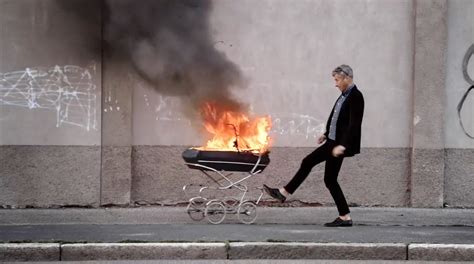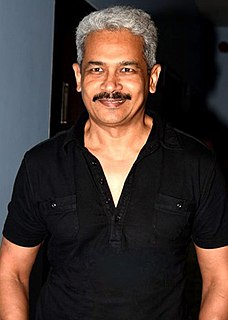A Quote by Christopher Moore
The fact that 'A Dirty Job' has comedy and supernatural horror in it, that both are woven in and out of it with a whimsical tone, despite the fact that it's about death, makes it hard to characterize with standard genre labels - but I have no problem with that. I'd call it a funny story about death, and leave it at that.
Related Quotes
I don't know what it is about death that makes it so hard. I suppose it's the one-sided communication; the fact that we never get to ask our loved one if she suffered, if she is happy wherever she is now...if she is somewhere. It's the question mark that comes with death that we can't face, not the period.
Religion provides the only story that is fundamentally consoling in the face of the worst possible experiences - the death of a parent, for instance. In fact, many religions take away the problem entirely, because their adherents ostensibly believe that they're going to be reunited with everyone they love, and death is an illusion.
Perhaps the whole root of our trouble, the human trouble, is that we will sacrifice all the beauty of our lives, will imprison ourselves in totems, taboos, crosses, blood sacrifices, steeples, mosques, races, armies, flags, nations, in order to deny the fact of death, the only fact we have. It seems to me that one ought to rejoice in the fact of death - ought to decide, indeed, to earn one's death by confronting with passion the conundrum of life.
Birth leads to death, death precedes birth. So if you want to see life as it really is, it is rounded on both the sides by death. Death is the beginning and death is again the end, and life is just the illusion in between. You feel alive between two deaths; the passage joining one death to another you call life. Buddha says this is not life. This life is dukkha - misery. This life is death.
There is to me about this place a smell of rot, the smell of rot that ripe fruit makes. Nowhere, ever, have the hideous mechanics of birth and copulation and death -those monstrous upheavals of life that the Greeks call miasma, defilement- been so brutal or been painted up to look so pretty; have so many people put so much faith in lies and mutability and death death death.
I don't think anything surprised me. It was very hard for me, this story, The Snack, as a father. I have family in the army in Israel, I know families that lose their children, and I think this is the most hard thing, is faith. Because what happens after death is always belief, it's always something that you don't have any answers about, and I think the movie helps you to understand that death is part of the life. It makes it more natural.






































